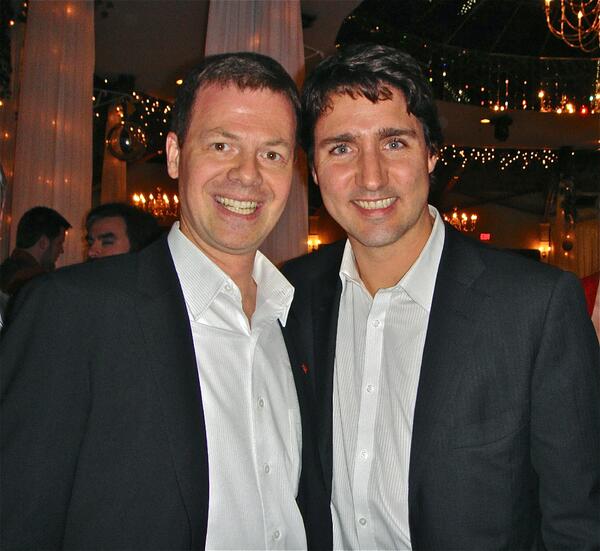Stephen Harper’s Conservatives, should we go by oversimplified stereotypes, are the party that never saw a war it didn’t like. The New Democrats by contrast have a long-lasting pacifist image. They were the types back in time with the well-meaning salutes. Two digits in the air, a disarmingly dorky look and sotto voce, “Peace brother.” Probably made your day.
Given the stark divergence it would be rather strange to expect the New Democrats to propose higher military spending than the Conservatives. But don’t be dumbfounded if it happens.
“You might well imagine,” an adviser to Thomas Mulcair was telling me, “Tom coming out in September and saying Harper has driven down defence spending to one per cent of GDP. We’re going to raise it to 1.2 per cent. We have a military that’s being allowed to rust out and we’re going to fix it.”
Another adviser cautioned the level of support might not be that high – a 20 per cent increase – but significant enough to show Canadians the NDP is by no means soft on defence.
In raising the military budget, Mr. Mulcair could risk alienating parts of the party’s base, which might go all squirrelly. But in political terms, party strategists realize the Dippers could be vulnerable come voting day if they appear weak-kneed in the face of foreign threats; especially if there is more terrorism, ISIS savagery, or Russian sabre-rattling. The New Democrats oppose Ottawa’s modest contribution to air strikes against ISIS and also stand square against the controversial anti-terror legislation, Bill C-51.
But with their own limp record on defence spending, the Tories have left the NDP an opening. Team Harper came to power in 2006, talking about ramping up military spending to 2 per cent of GDP, a level not seen since the early 1970s. Outlays went up during the Afghanistan war but never got close to that level. Budget-balancing priorities then brought reductions, and spending has now settled in at a level about half the government’s original goal. Canada now places a dismal 22nd among 28 NATO countries on defence spending ....






